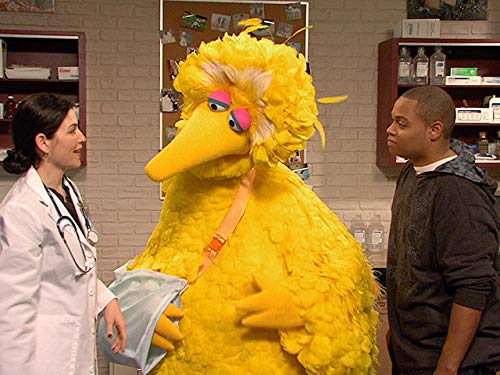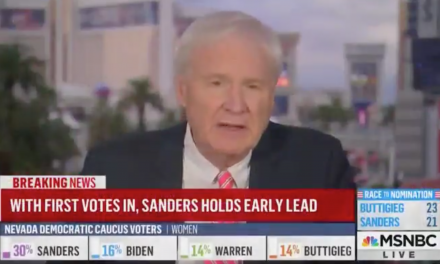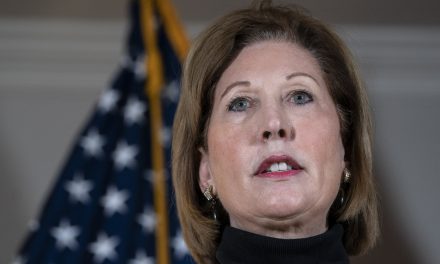Over the last couple of years, as I’ve watched the conservative freakout about African-American studies, Critical Race Theory, supposed cat litter boxes in classrooms, etc., I’ve begun to wonder how shows like Sesame Street were ever tolerated, especially in the Deep South. It turns out, there’s an interesting history there. Sesame Street debuted in November 1969, just two months after I was born to a Head Start nursery school teacher and a Manhattan advertising executive. With scenes built to reflect neighborhoods in the Upper West Side, Harlem, and the Bronx, the show naturally reflected an integrated cast and an urban sensibility. My parents, who also made sure to find me black playmates from an early age, encouraged me to watch the show. It no doubt helped me to see interracial friendships and relationships as part of the natural order of the universe rather than something problematic or revolutionary. So, yes, it successfully promoted a progressive mindset about race.
And that was naturally a problem in much of the country. In 1970, Shreveport, Louisiana took Sesame Street off the air, weakly claiming that it was too expensive. In Mississippi, however, they removed it statewide.
In April 1970, members of Mississippi’s newly formed State Commission for Educational Television met to discuss Big Bird and Cookie Monster…
…the all-White commission decided Mississippi was “not yet ready for it,” according to one member, because it showed Black and White kids playing together. In a 3-2 vote, the commission banned “Sesame Street” from broadcasting on the state-run ETV network.
“The state has enough problems to face up to without adding to them,” an anonymous member of the commission, which was appointed by segregationist Gov. John Bell Williams (D), told the Associated Press.
There was a happy ending to this story, however. It embarrassed the state when this decision became national news, and there were was a lot of local dissent as well. The commission changed course.
ETV scrambled to lift the ban, promising viewers on May 23 that “Sesame Street”would air in a matter of weeks. The show appeared on local TV listings by June 8, and that fall, the board sponsored a special episode.
As part of a 14-city national tour, the cast of “Sesame Street” stopped by Jackson for a free live show on Sept. 6, presented in cooperation with the State Commission for Educational Television. Over the course of an hour, Big Bird and his friends Bob, Susan, Gordon and Mr. Cooper entertained families with songs, jokes and questions, encouraging audience participation.
It was not quite an apology, but a display of an uneasy alliance between a progressive show and a conservative board, all in front of an integrated crowd of ecstatic children.
At that point, in 1970, the tide of progress was too strong for even a state like of Mississippi to sustainably resist. But that progress has stalled out. Most notably, we can see that Florida Gov. Ron DeSantis is banking his presidential aspirations on his war against progressive racial education, calling it “not education but indoctrination.” He’s not embarrassed about the national media backlash but rather counting on issues like this to launch him ahead of Donald Trump in the hearts of the American right.
It DeSantis’s gambit works out, it will confirm that the pendulum has swing back so far that it’s essentially reset the nation back to the launch of Sesame Street, in a way wiping out all the progress on racial thinking I’ve seen in my life.







